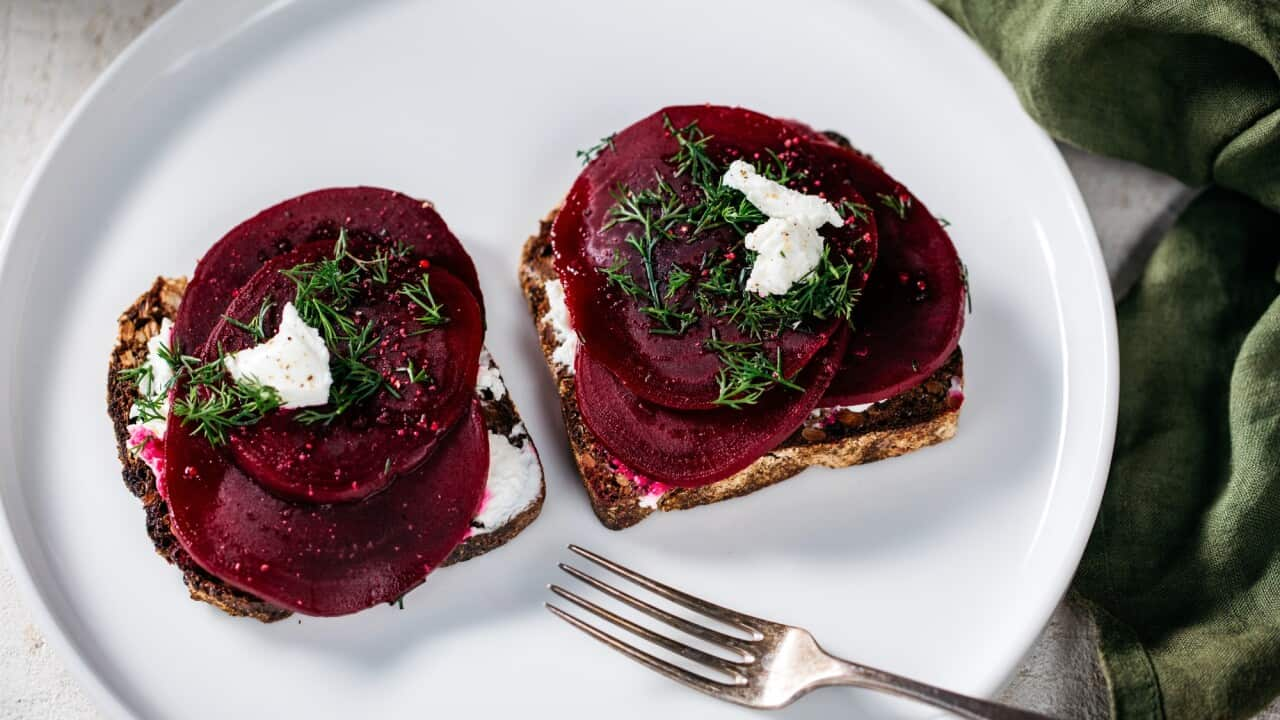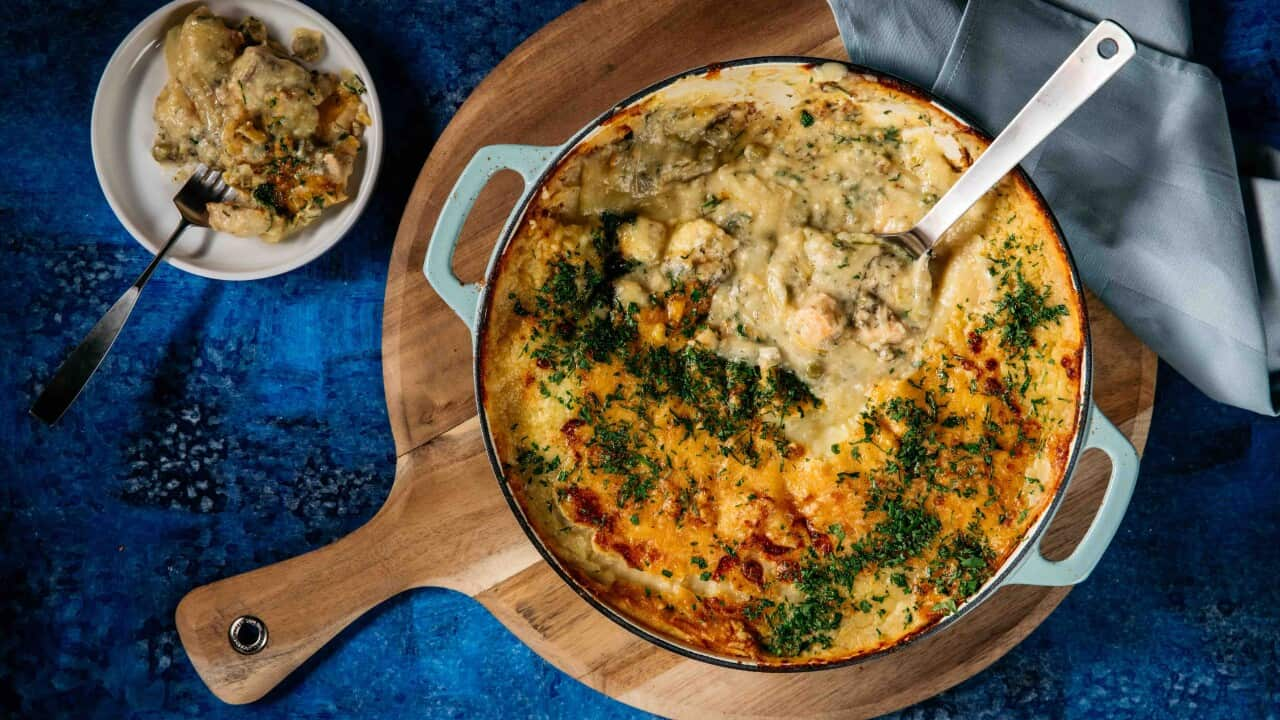Next time you see a simple sprig of dill on your seafood plate, pay attention. This small herb is no supporting act. Dill is one sensational weed that can add a powerful, herbal flavour to your dishes while also providing you with a host of health benefits.
The herb, native to South-West Asia and South-East Europe, has been used as a for over. Ancient and once believed that dill could calm an upset stomach and help with digestion. That’s why it was once widely used to treat tummy issues, colic, hiccups and even haemorrhoids.
Dill was a during the Middle Ages in Europe because people thought that the herb put them in a good mood.
Today, dill is still highly regarded across the globe for its properties. Studies show that the herb is high in which have been proven to help reduce the risk of stroke and heart disease. also suggests that dill could help support the management of diabetes and cardiovascular disease although more research is needed in this area.
“Dill is a great vitamin C, manganese, folate, iron, calcium and riboflavin,” Accredited Practising Dietitian, Fatima Hallal, tells SBS. “It is also rich in vitamin A, as 100 grams of dill provides 154 per cent of your daily recommended intake.”
"But there’s no need to feel that you should have a tonne of dill every day to receive its superpowers. You can have a little bit regularly as part of a balanced diet and all the benefits will add up.”
Easy nutritional wins
Hallal, a spokesperson for , believes dill can also be a 'gateway' herb that helps home cooks use other herbs or spices. Dill can also encourage a home cooks to expand their way of thinking about nutrition - by recognising the nutritional benefits of the herb, cooks can realise that even the smallest ingredient can be used to add nutritional value to a dish.
“We often think that herbs are just for flavour. But they also offer an easy way to ramp up the health benefits of a dish. For example, if you add dill to an egg and cheese omelette, you’ll be boosting the flavour profile of the dish while also indirectly increasing the nutrition of the meal.
“This is the value of herbs. You may not eat large quantities of them every day, as you would fruit and vegetables. But if you learn how to experiment with herbs, you might be less inclined to just throw them into a dish and more encouraged to match them with ingredients like vegetables or lean protein and appreciate their nutritional worth.”
You can have a little bit regularly as part of a balanced diet and all the benefits will add up.
Cooking with dill
Dill is currently eaten by populations throughout Scandinavia, the Baltics, central Europe, India and the Middle East in a number of different ways.
The feathery leaves of the dill plant boast a sweet flavour that's reminiscent of anise and cumin. Greek cuisine is famous across the globe for tzatziki, made from thick Greek yoghurt, cucumber, garlic, olive oil and fresh dill fronds. Over in Sweden, almost every fish creation features fresh dill. Gravlax is a great example – fresh salmon, cured with salt, is smothered with dill on its top so that the dill's herbaceous flavour can infuse the fish.
Dried dill seeds are more pungent and often used for pickling. They're also quite commonly used in Turkish and Slavic dishes. In Indian cooking, dill leaves and stems are added to stir-fries and parathas, as well as lentil-based meals.
Hallal explains that in, dill is famously celebrated for its use in omelettes. is a Lebanese omelette that uses dill, as well as parsley, onions and zucchini,” she says. "We eat ejjeh for lunch or dinner. Like any traditional dish, the recipe varies from household to household, but generally, that's the basis of it along with a couple of spoons of flour just to hold the egg together.”
Hallal adds that Lebanese cuisine commonly utilises dill in many other dishes, but it's usually cooked rather than served fresh.
“There are a lot of vegetarian dishes in Arabic cuisine that feature wild greens and herbs like dill. They are fried with olive oil, onions and garlic, and eaten with bread.”
We often think that herbs are just for flavour. But they also offer an easy way to ramp up the health benefits of a dish.
When cooking with dill, it’s important to remember that it cooks fast. So only add it towards the end of the recipe. A small amount of the herb also goes a long way due to its strong flavour.
“Adding dill to your dishes will help your meal to shine. Whether you eat a small amount once a day or cook up a large batch regularly, dill will help you to raise the nutritional profile of a meal. Bit by bit, it all adds up.”













